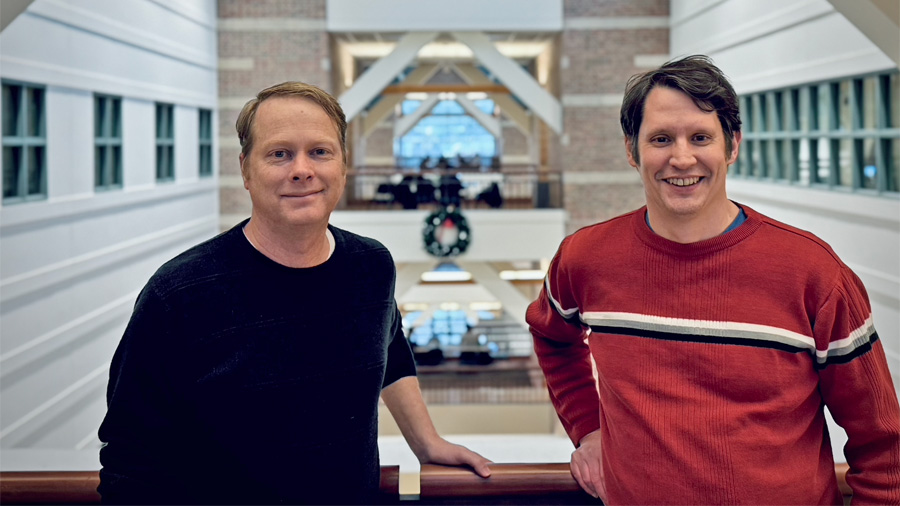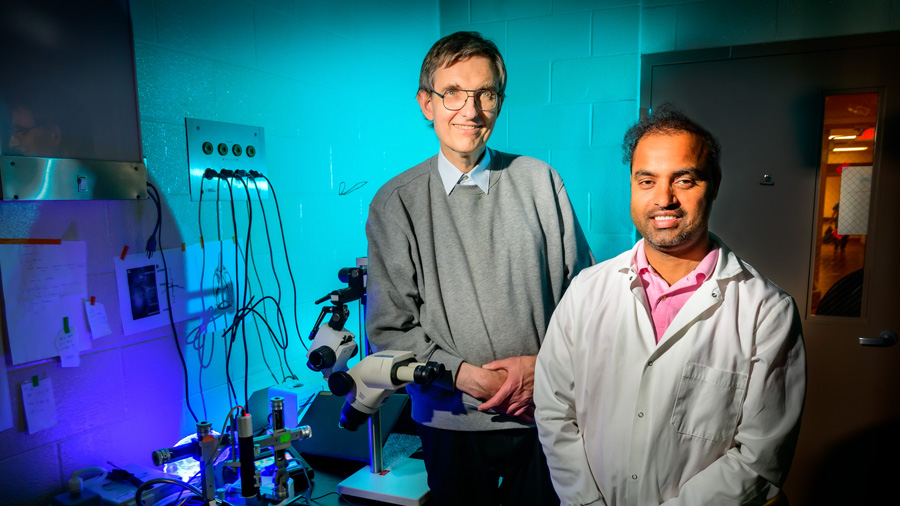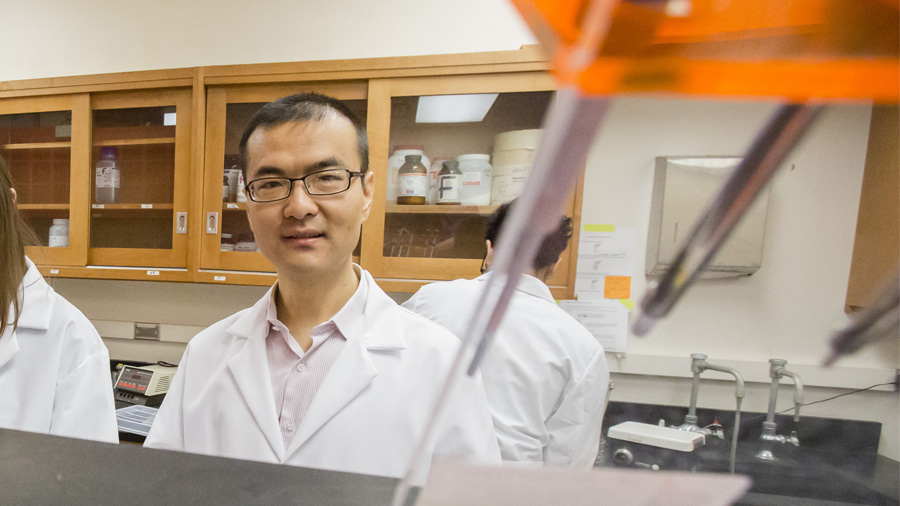Neuroscientists have always been interested in what drives an individual’s resilience to stress. While the detrimental effects of prolonged stress have been well documented, little is understood about what biological mechanisms underlie resilience. To better understand the latter, researchers at the University of Illinois Urbana-Champaign have been awarded $1.8 million by the National Science Foundation.
Researchers have estimated that although over half the population in the U.S. has experienced some form of severe trauma, the prevalence of related psychiatric illness hovers near 8%. This observation suggests that most individuals who are exposed to high levels of stress and trauma are able to avoid serious mental illness.
The question of where and how vulnerabilities to stress arise, and how individuals maintain resilient behavior after stress remains an unsolved question in neuroscience. Understanding the factors that confer resiliency will also address a public need since individuals with lower socioeconomic status often face exacerbated effects of physiological and psychological stress.
The Biological Basis of Resilience
“This study will explore the networks of resilience before, during, and after stress giving us insight into how resiliency emerges and uncovering when and where intervention could be most effective,” said Dr. Howard Gritton, an assistant professor in the College of Veterinary Medicine Department of Comparative Biosciences. Dr. Gritton also holds an appointment at the Carl R. Woese Institute for Genomic Biology within the Gene Networks in Neural and Developmental Plasticity theme.
Using a multidisciplinary approach that combines animal behavior, brain imaging, electrophysiology, and gene expression experiments with machine learning and statistical modeling, the team plans to characterize mechanisms in the brain that could underlie the biological basis of resiliency.
Multidisciplinary Team
In addition to Dr. Gritton, the team includes Dr. Sihai Dave Zhao, statistics; Dr. Paul Bonthuis, comparative biosciences; Dr. Yurii Vlasov, electrical and computer engineering; Dr. Sergei Maslov, bioengineering; Dr. Brad Sutton, bioengineering; Dr. Jozien Goense, psychology and bioengineering; and Dr. Saurabh Sinha, a professor of biomedical engineering at Georgia Institute of Technology.
The Carl R Woese Institute for Genomic Biology is dedicated to studying the connection between our genes, brains, and behavior—and how that impacts our communities.
Excerpted from an article by Ananya Sen
Featured image depicts (from left): Paul Bonthuis, Howard Gritton, Yurii Vlasov, and Sihai Dave Zhao. Photo credit L. Brian Stauffer




